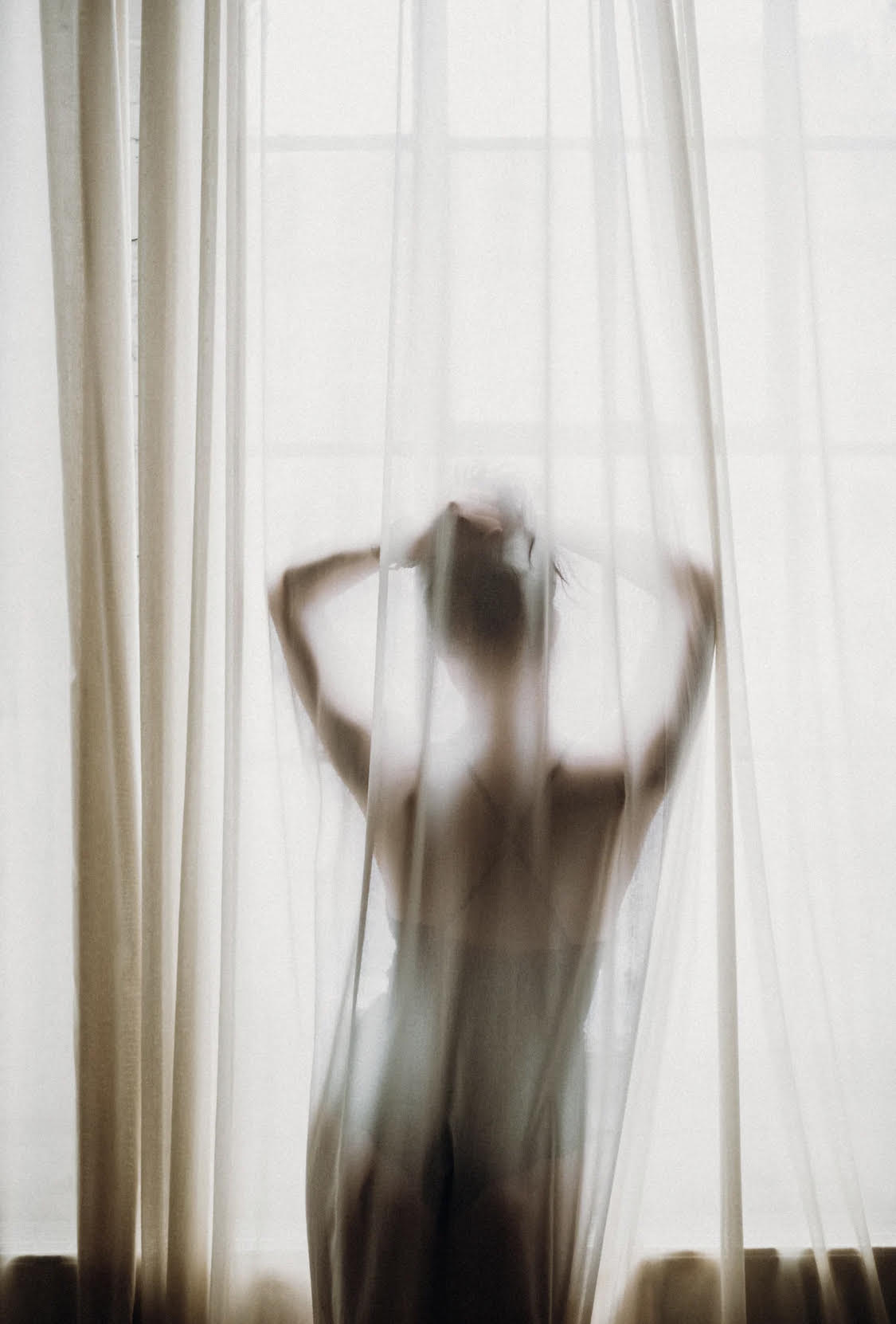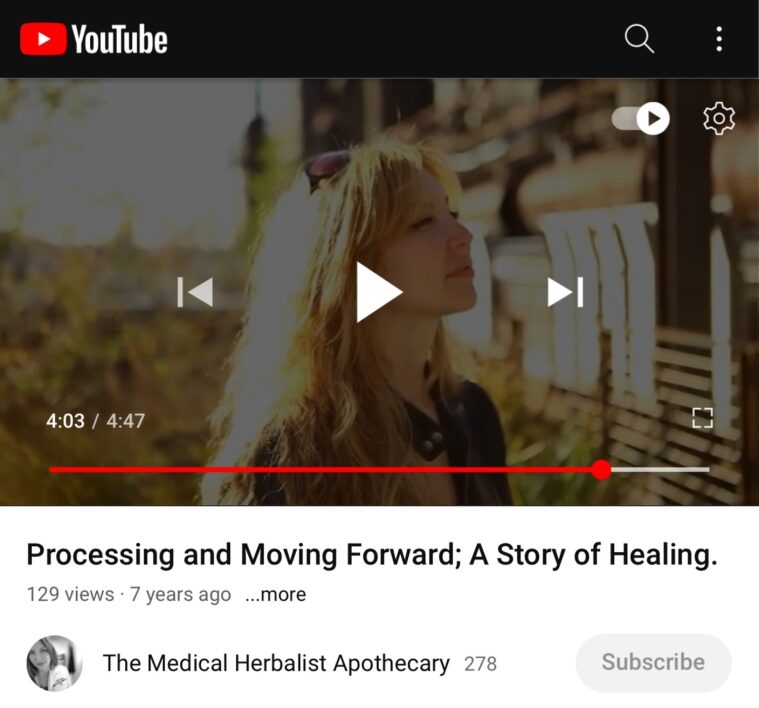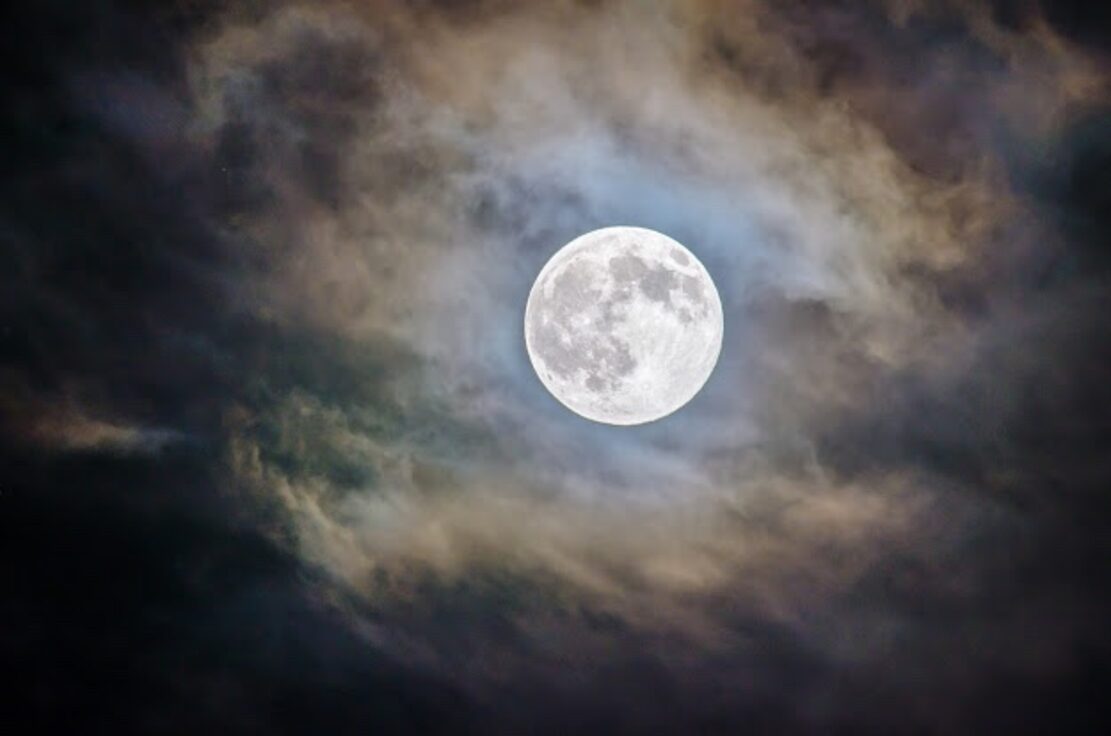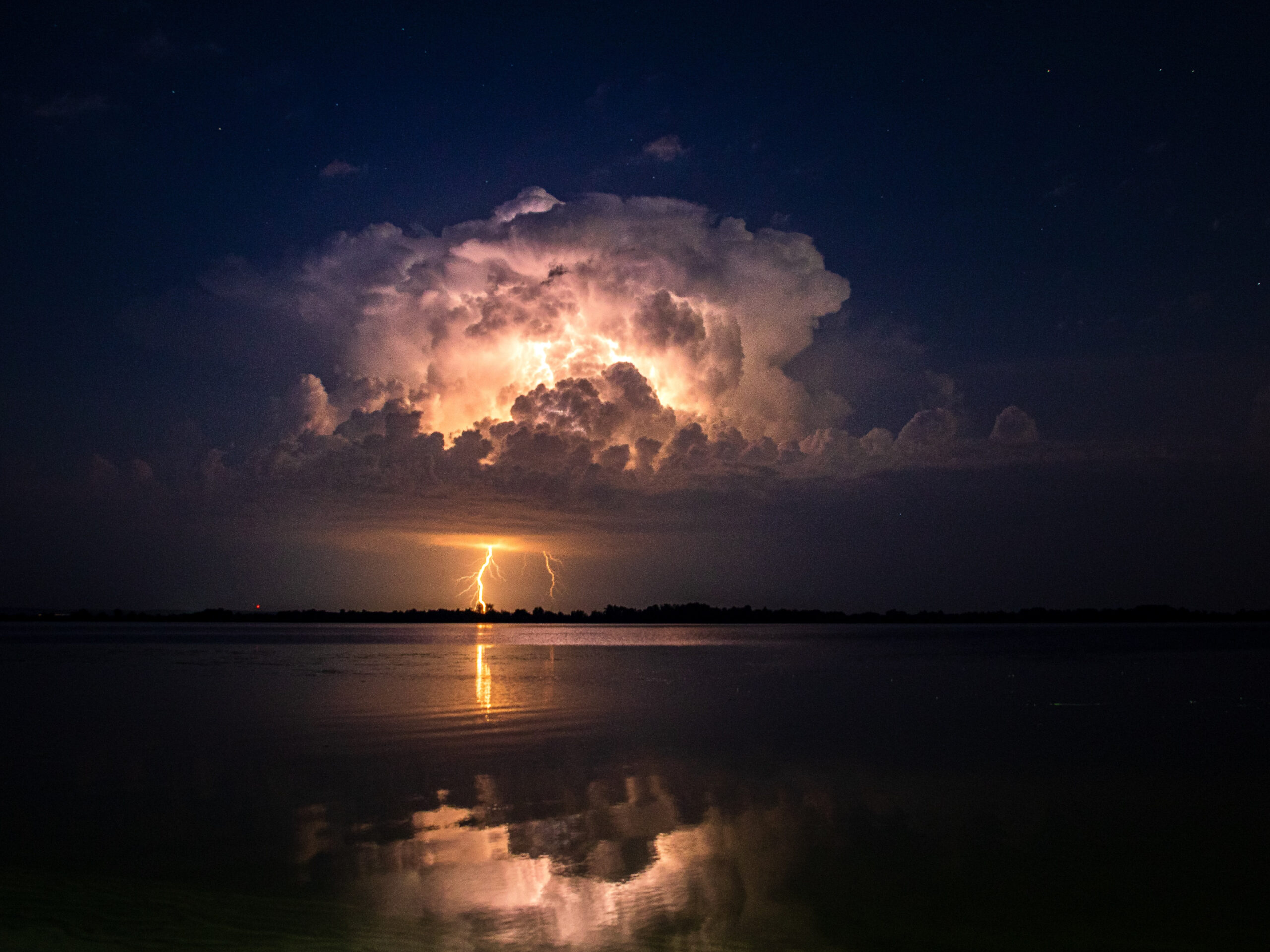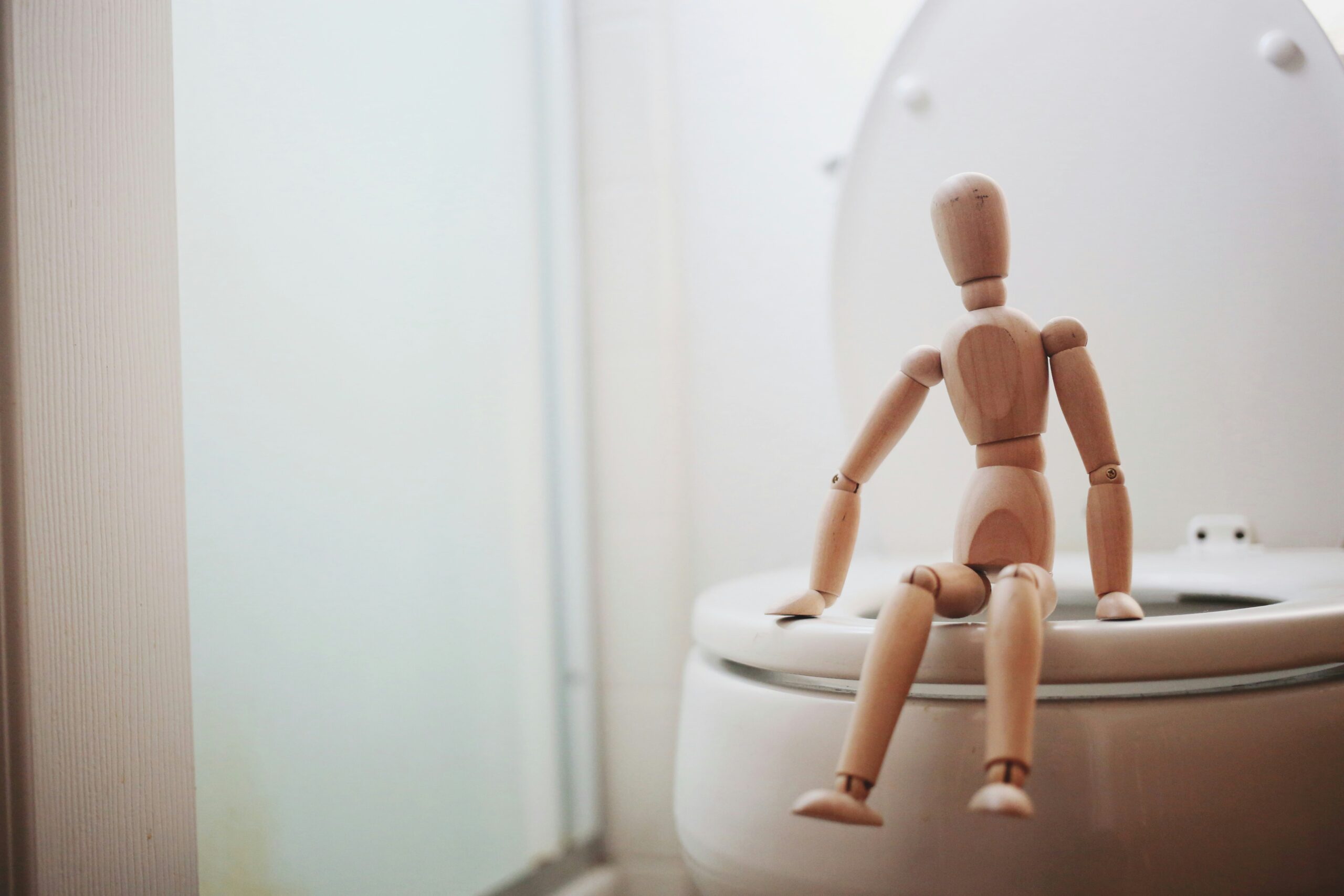 It feels like a Urinary Tract Infection ( UTI ), but then it isn’t (according to your doctor) … and yet, you wake up multiple times during the night to use the loo?
It feels like a Urinary Tract Infection ( UTI ), but then it isn’t (according to your doctor) … and yet, you wake up multiple times during the night to use the loo?
Let’s troubleshoot!
When your doctor clears you from a UTI, but you still have symptoms that include:
- Frequent Urination, despite changes in fluid intake
- Burning on urination
- Feeling of pressure or fullness, even after emptying the bladder
Yet:
- Urine is clear, not cloudy
- Urine is light/not dark in colour
- Urine does not have any notable smell / odour
- Doctor’s Clinical Diagnostics (urinalysis, bacterial cultures) are clear of any infection
Certainly, there are dietary triggers for frequent urination, including stimulants containing caffeine (coffee, black/green tea). Coffee additionally turns off a hormone that in-turn increases diuresis (increased fluid loss through frequent urination).
Stress Triggered: You are correct – Enduring persistent life stress can activate the nervous system and stimulate more muscular contraction / spasms of the bladder wall, increasing urination. Your doctor may have told you it is ” irritable bladder ” – which can be true in this sense – but it may not be the whole story.
If you have taken measures to moderate these dietary and emotional triggers without relief, this can be what is known as Interstitial Cystitis.
What – in layman’s terms – is this?
Simply: This is an inflammation of the bladder wall, so it tends to hold less urine before your body senses a need to empty the fluid as it accumulates. Inflammation of the bladder wall can also generate burning and pressure in the lower abdomen — just like a UTI.
We see Interstitial Cystitis flare-up when the body is:
- Run-down by stress, poor nutrition
- Lack of adequate / restorative sleep
- Following viral, bacterial, or fungal infections
Why?
When an individual has a history of Epstein-Barr Virus ( EBV ), Interstitial Cystitis can be the first sign that the virus has become reactivated by these circumstances (stress, lack of sleep, infections).
What is EBV?
EBV is a persistent virus in the same family as herpes, chicken pox, and shingles — and as you may be aware, it resides dormant (contained, typically inactive) in the nervous system — until the body becomes atypically stressed, run-down over time, or faced with infections.
Chronic Fatigue Syndrome symptoms are associated with a history of Epstein-Barr Virus, with these chronic symptoms typically appearing a number of years — up to decades! — after initial infection.
Since EBV reactivation is associated with increased viral load, we work with highly concentrated herbal medicines that:
- Assist in managing this elevated load
- Provide what the body needs to resolve the inflammation
- Aide in alleviating symptoms through natural preparations
- Support recovery from stress and assist in recalibrating sleep cycles
Through reducing the frequency of urination through the night, we break the cycle of disrupted sleep for more efficient recovery — and its related impact on EBV reactivation.


